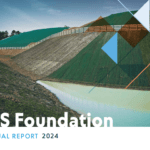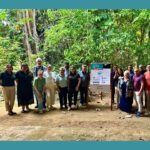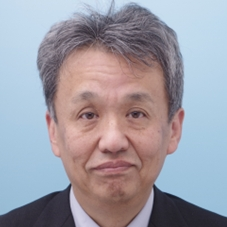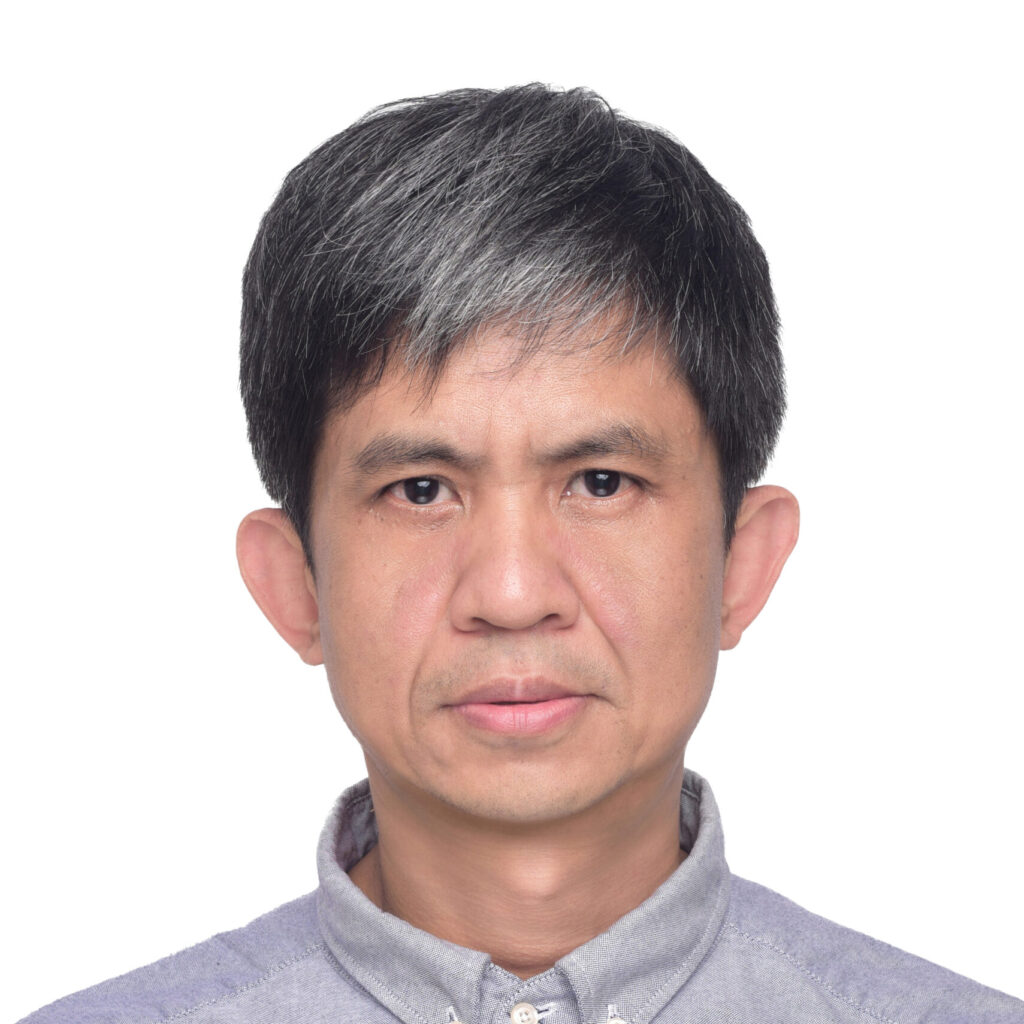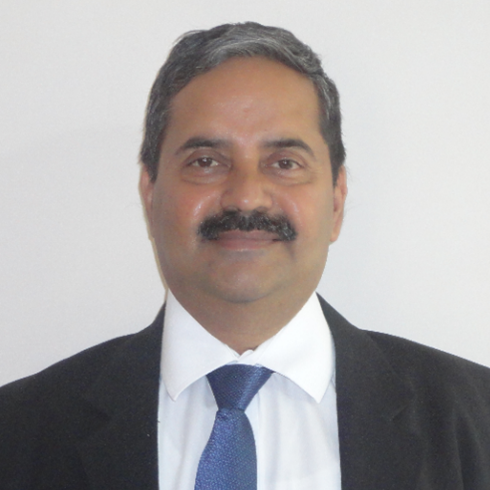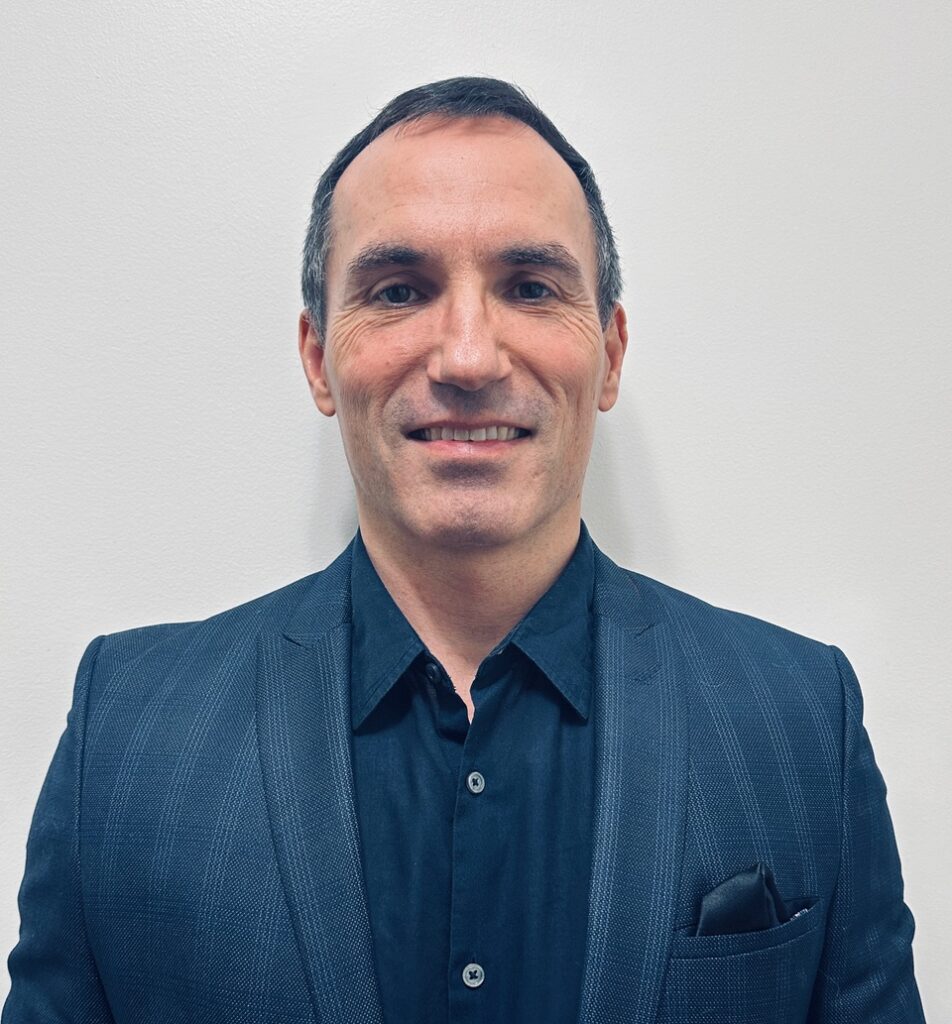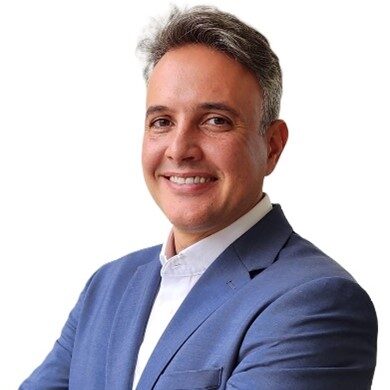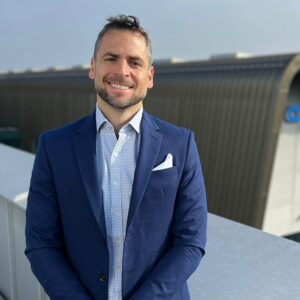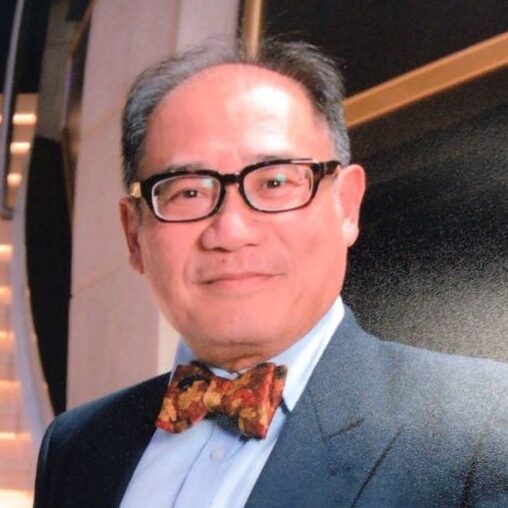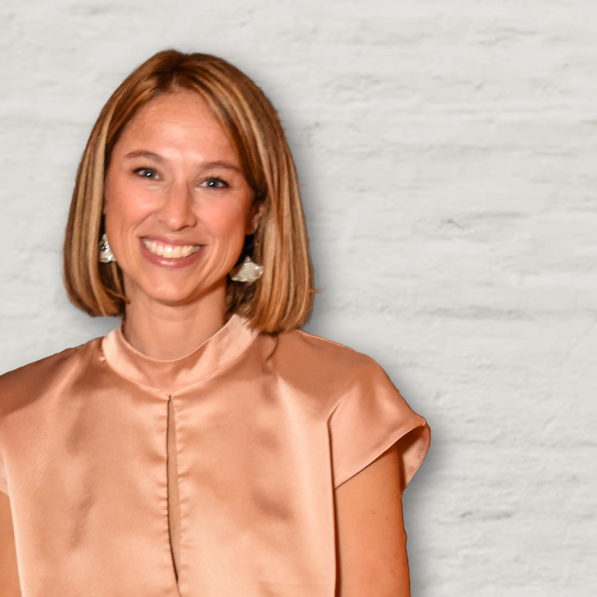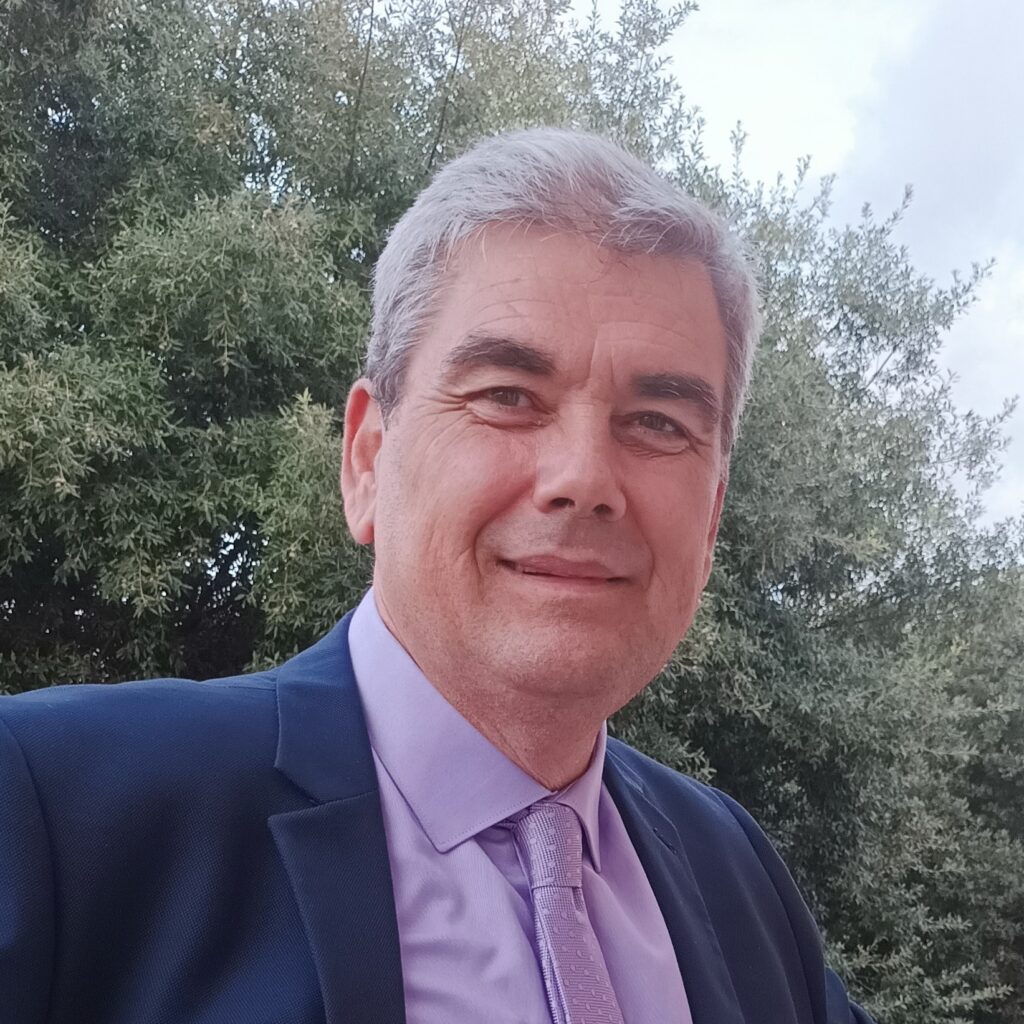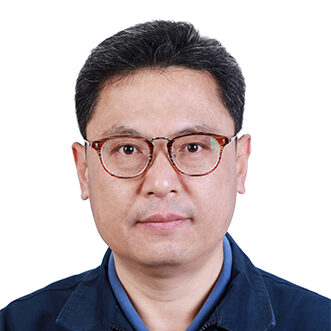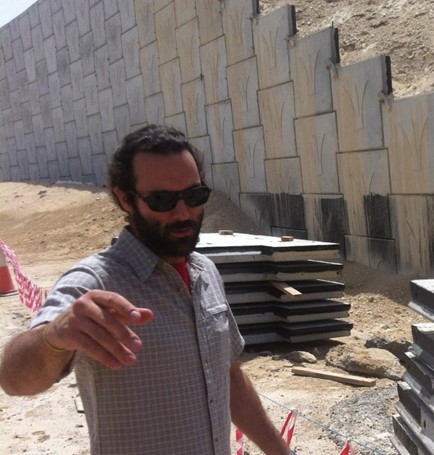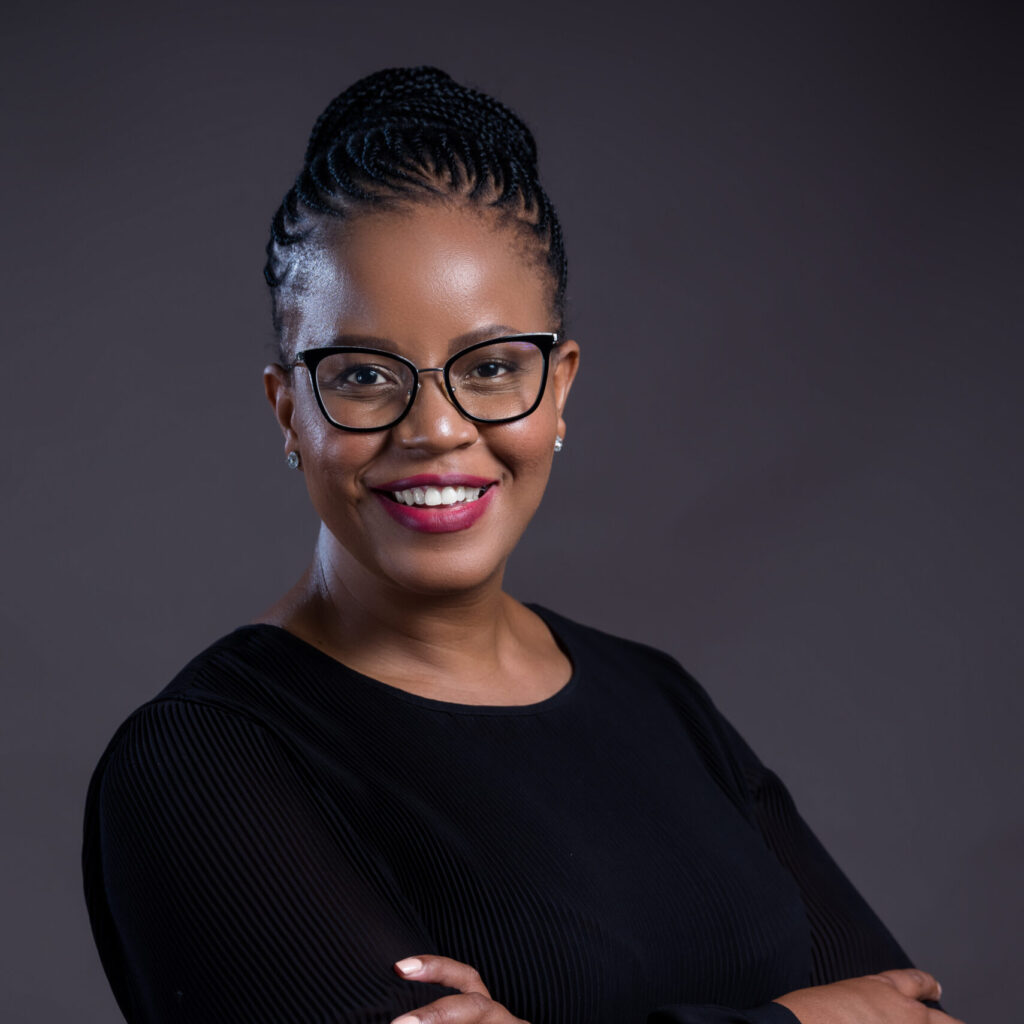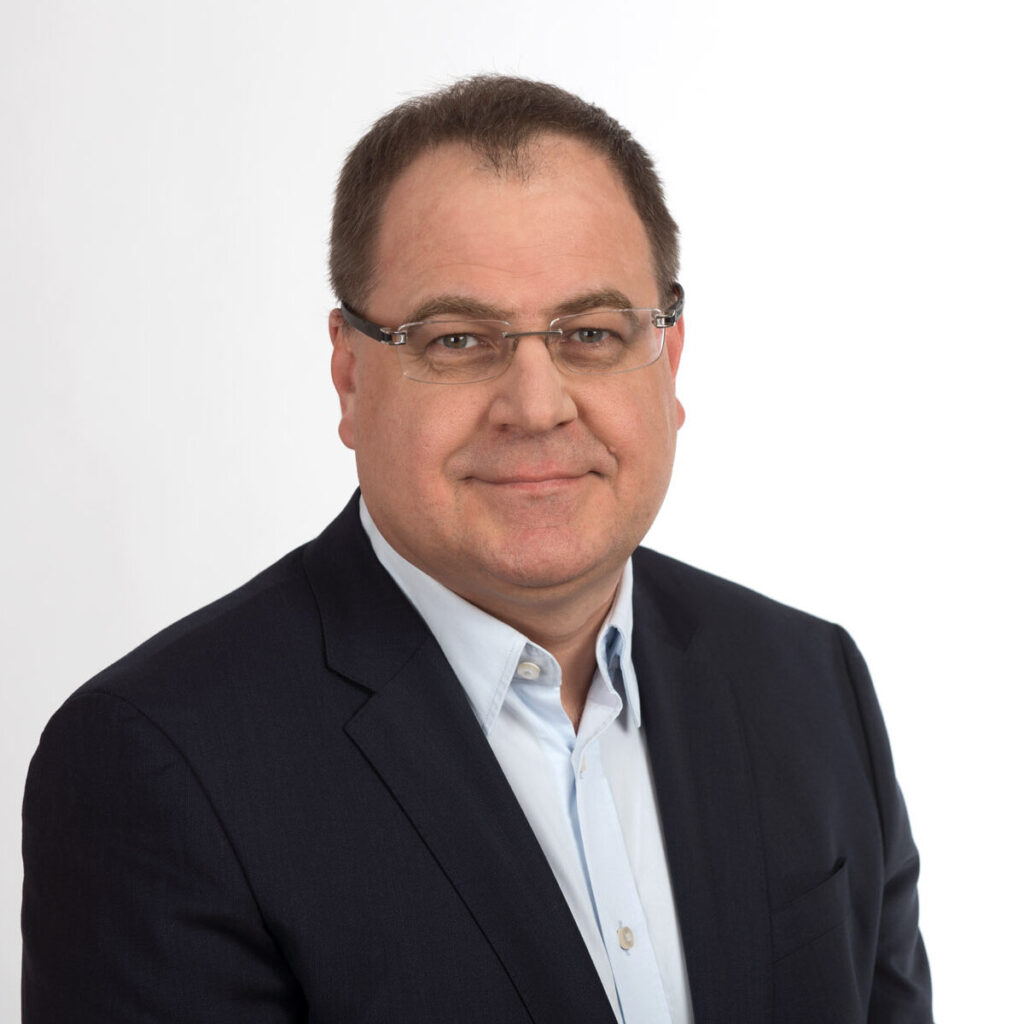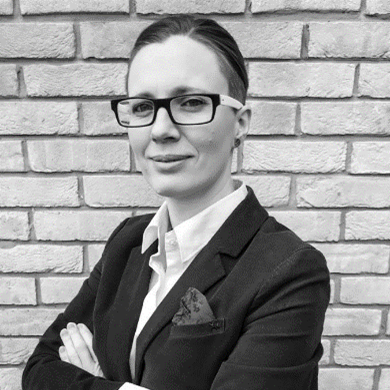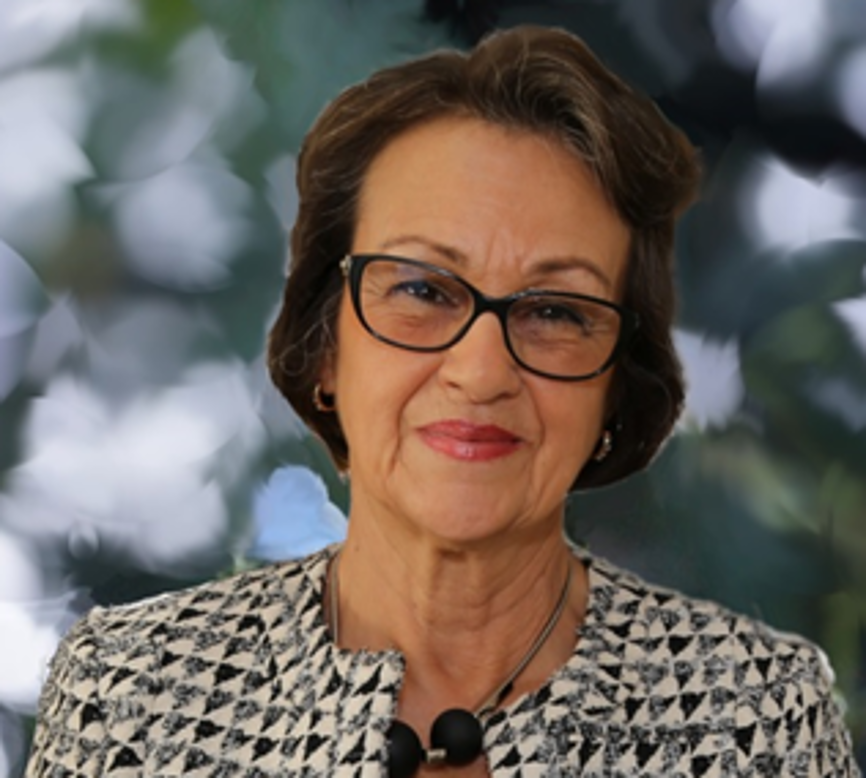The use of geosynthetics in high risk environments was part of the attraction to become a design engineer for Luke Sutton. Here, he shares his path to his current role and offers advice to others considering entering the industry.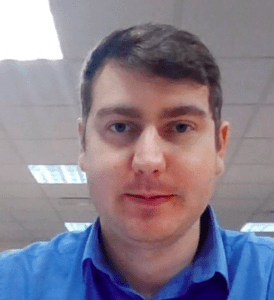
Hi Luke! Please introduce yourself.
My name is Luke Sutton, I am 27 and live in West Yorkshire in the North West of England. I graduated with a BEng (Hons) Civil Engineering degree from Nottingham Trent University in 2016 and I currently work as a Design Engineer for Tensar, where I’ve been for the last six months.
Tell us a bit about your journey to where you are now.
As part of my degree I did a placement year as a Trainee Engineer working for a principal contractor within the rail and infrastructure environment. After graduating I got a job as a Graduate Engineer with the same company where I worked for five years. During this time on all the projects I had an involvement in the groundworks and working platform installation. This is what gave me an interest in geotechnical design. Whilst working as a contractor I engaged with the Institution of Civil Engineers (ICE) and obtained my Incorporated Engineer status.
Why is engineering and geosynthetics your passion?
Civil engineering has always interested me from a young age, looking at how design methods and materials are used to deal with engineering challenges to construct complex structures in difficult environments. As I got into my career as an engineer this developed into looking at the technical design and specifications behind structures and infrastructure projects.
Through working on-site, I was involved in the installation of a wide range of geosynthetic products from geotextiles in heavy duty crane platforms to geogrids supporting steep slopes. Groundworks on the site project have been a large part of my career and implementing these designs led me to have a greater interest in the design side. It was the use of geosynthetics within these projects where high loads were having to be supported in a high risk environment such as the rail industry that got my interest and this was part of the reason for joining Tensar.
What was your experience in the first three to six months of your role? Was it what you expected?
I was exposed to the complex world of design with geosynthetics and the different methods available for different applications. This involved learning about the Tensar product and included a trip to the manufacturing factory in Blackburn, UK. One thing that wasn’t as expected was the amount of interaction with customers, but a large part of my job was assisting the customer to get to a technical solution for their issues. This is quite a satisfying aspect of the job that I wasn’t expecting.
What do your day-to-day tasks involve?
My job is predominantly office-based and as I mentioned the first part of any design project I work on is liaising with the customer to ensure we provide the right application of geogrid. Once the information has been gathered I will then work on the design and produce the design report detailing our use of geogrids as a solution to their site issues. This often includes follow-up calls with the customer to provide technical advice on the design.
What are you looking forward to most in your career?
I am excited about the current situation within Tensar as it is about to launch a new product line and design methods alongside this. This will give me new skills and knowledge to learn and further my engineering ability. This will also further push the use/ benefits of geosynthetics within the construction market.
What are your long term ambitions and goals?
I am looking to use my job and knowledge within geotechnical engineering to become Chartered with ICE. Alongside this I want to keep progressing within Tensar and further my knowledge and experience.
Do you have any advice or top tips for anyone considering becoming an engineer or applying for their first job?
Engage with professional bodies such as the IGS and ICE and the events they host as most have an opportunity to talk to people across a broad range of fields at different levels. Talking to these people will help you get a better understanding of the range of jobs and engineering roles and crucially what is most interesting to you. They also give you knowledge and show that you are interested, which is helpful when applying for jobs.
I would also suggest looking at apprenticeships available, as they allow people to gain real world experience while working towards degrees or certification. Quite often they allow you to move up the career path quicker than traditional education routes.
Did you do work experience or an internship, and would you recommend this?
I have not done any myself but have worked alongside engineers who have. I think they are a good idea as they give a lot of insight into job roles. From my experience early on it’s often hard to understand what a job involves and whether you will enjoy it.
What do you wish you knew before starting your first engineering job?
A better understanding of the different fields available and the differences in contracting and consulting. I went in quite blind with what my job would entail, however I ended up with a good job that I enjoyed and challenged me.
How were you introduced to the IGS?
I was introduced by my colleague at Tensar, Yuli (Chaido) Doulala-Rigby. I look forward to getting more involved in the future.
Anything else you would like to add?
I am looking forward to my career within the geosynthetics industry and engaging more with the IGS in the future. Thank you for this opportunity!
**
Interested in finding out about the IGS Young Members Committee? Visit here for details on events, activities and how to join.
Would you like to feature in our Young Engineers’ Q&A? Email your details to youngmembers@geosyntheticssociety.org.


